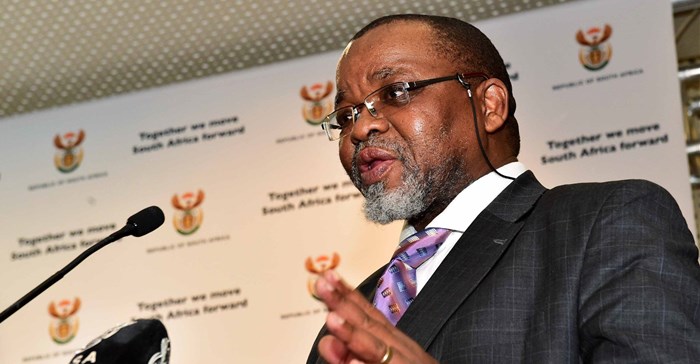Nuclear still a possibility in SA energy plan

“It comes back to a resolution we took as a government: not going big bang into nuclear, but going at a pace and price that the country can afford,” he said.
Under Jacob Zuma's administration, the then minister of energy tried to push through a nuclear energy deal with Russian energy company, Rostom, which, had it succeeded, would have effectively bankrupted the country. Civil society organisations challenged the deal in court and won, and it was finally shelved when Cyril Ramaphosa became president.
Addressing this and his plans, Mantashe said: “The fact that we suspected corruption doesn’t mean that nuclear is irrelevant for the country in 2019.”
Still the only country on the continent with a commercial nuclear power plant, South Africa generates 5% of its electricity production from the Koeberg nuclear power station’s two reactors.
Exploring all energy options
Not providing any information or timeframe on potential nuclear new builds, Mantashe said the Integrated Resource Plan (IRP) needed to be finalised first. He added that he hopes to “take the IRP to cabinet in the next two weeks.”
On the future power plans, Mantashe stressed the importance of undoing the tensions between renewables and coal in securing energy solutions that are required to meet demands. With this, he explained that there is no full commitment by the government to move towards nuclear, but rather a commitment to explore all energy options.
“You can’t just jump from one extreme to the next one,” he explained. “If you switch off all coal-fired power stations in the hope that you will have renewables, you will plunge the country into darkness.”



























